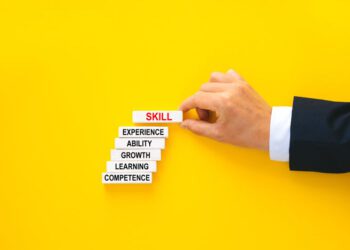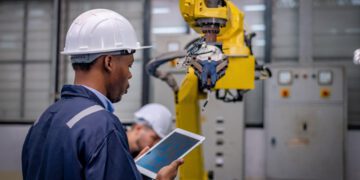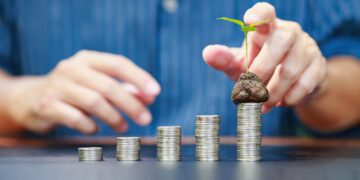The age of sustainability has arrived. As the planet grapples with challenges like climate change, resource depletion, and social inequality, businesses are being called to play a more active role in creating a sustainable future. This reality is prompting a rethinking of traditional business models. Here, we explore how businesses are evolving their strategies and operations to prioritize sustainability.
Understanding the Sustainability Imperative
Sustainability refers to meeting the needs of the present without compromising the ability of future generations to meet their own needs. It’s about striking a balance between economic growth, environmental stewardship, and social well-being, often referred to as the “triple bottom line.”
Increasingly, stakeholders – from customers and employees to investors and regulators – are demanding businesses to go beyond mere profit-making and contribute positively to society and the environment. This shift is driving the emergence of sustainable business models.
Characteristics of Sustainable Business Models
Sustainable business models incorporate environmental, social, and economic considerations into all aspects of the business. Here are some defining characteristics:
- Value Creation: Sustainable businesses aim to create value not just for their shareholders, but for a broad range of stakeholders, including customers, employees, local communities, and the environment.
- Resource Efficiency: Sustainable businesses strive to reduce their environmental impact through measures such as minimizing waste, improving energy efficiency, and promoting recycling and reuse.
- Long-Term Orientation: Unlike traditional business models that often prioritize short-term profits, sustainable businesses take a long-term perspective, investing in strategies and practices that ensure their viability and competitiveness over time.
- Transparency and Accountability: Sustainable businesses are open about their operations and impact, regularly reporting on their environmental, social, and governance (ESG) performance.
Examples of Sustainable Business Models
There is no one-size-fits-all approach to sustainability. Here are a few examples of how businesses are rethinking their models for sustainability:
- Circular Economy Models: Businesses are moving away from linear “take-make-waste” models to circular models that aim to eliminate waste and continuously use and reuse resources. For instance, fashion brands are introducing clothing rental and take-back schemes, while manufacturers are offering product-as-a-service models where they retain ownership of the product and responsibility for its end-of-life disposal.
- Shared Economy Models: Companies are leveraging digital platforms to enable the sharing of assets, reducing the need for ownership and associated resource consumption. Examples include car-sharing services and coworking spaces.
- Social Enterprise Models: These businesses aim to address social issues through their products, services, or business practices. For instance, some businesses provide employment opportunities for marginalized communities, while others donate a portion of their profits to social causes.
- Clean Tech Models: Businesses are harnessing renewable energy and green technologies to reduce their environmental footprint. This could involve transitioning to renewable energy sources, improving energy efficiency, or developing low-carbon products.
Transforming Towards Sustainability
Moving towards a sustainable business model is not a one-off initiative but a transformational journey. It requires a commitment from the top, clear sustainability goals, stakeholder engagement, and ongoing monitoring and adjustment. Importantly, it requires seeing sustainability not as a cost or a constraint, but as an opportunity for innovation, differentiation, and long-term value creation.
Conclusion
In the age of sustainability, business as usual is no longer an option. Businesses must rethink their models and make sustainability integral to their strategies and operations. While the transition can be challenging, it also presents opportunities to create new value, build resilience, and make a positive impact on the world. The businesses that rise to this challenge will be the ones that thrive in the sustainable economy of the future.




















